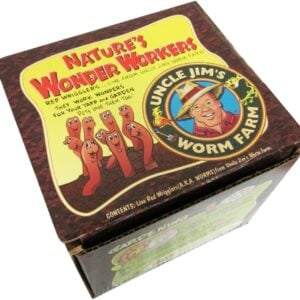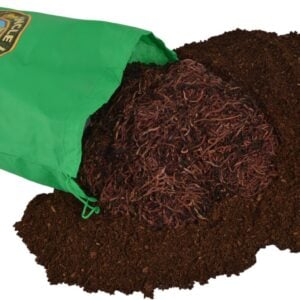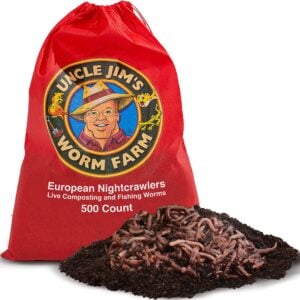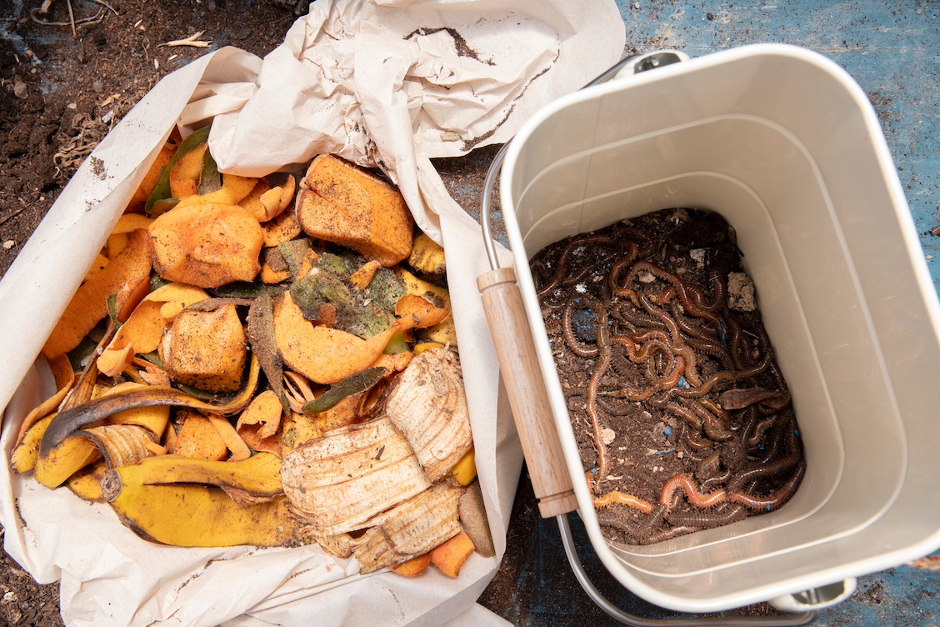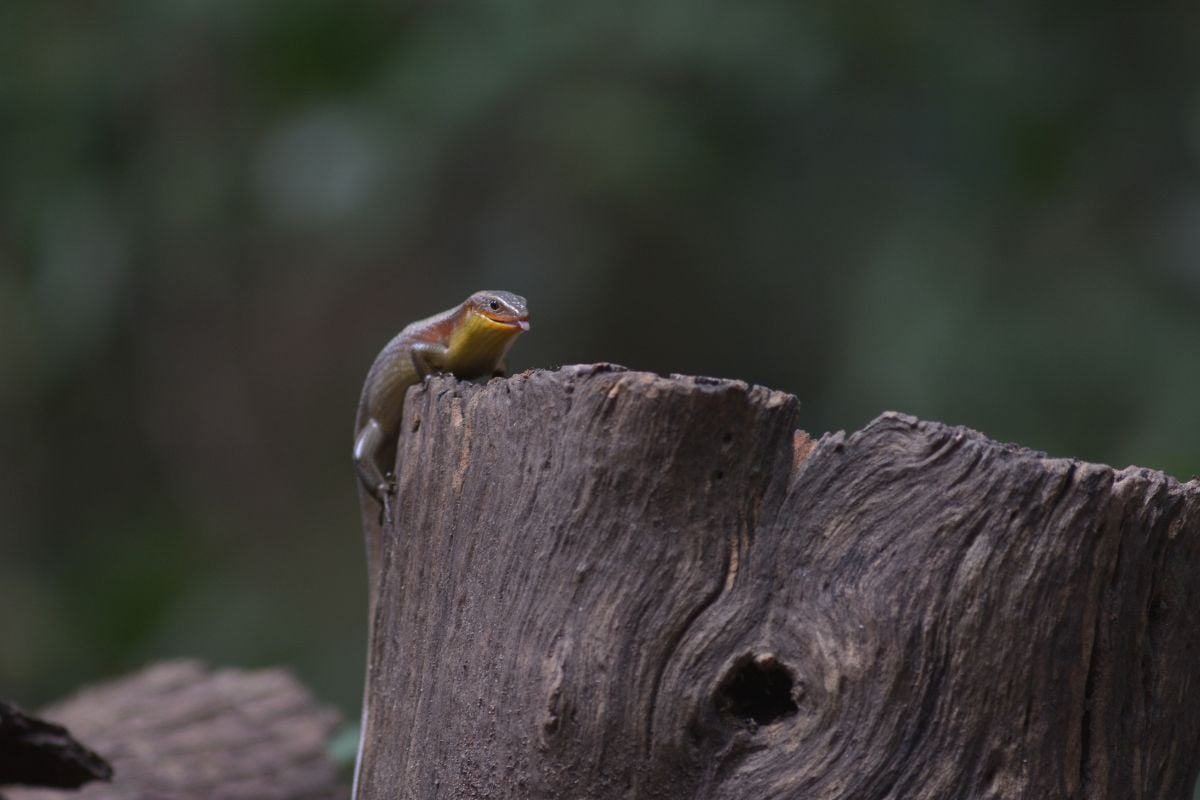 Even if you live in a city, you can still cut back on waste and help the environment by composting your kitchen scraps. Many city dwellers are composting at home using worms or tapping into city-run programs to keep organic waste out of the trash. The resulting compost helps keep plants strong and healthy.
Even if you live in a city, you can still cut back on waste and help the environment by composting your kitchen scraps. Many city dwellers are composting at home using worms or tapping into city-run programs to keep organic waste out of the trash. The resulting compost helps keep plants strong and healthy.
Compostable organic matter makes up around 14% of the solid waste stream nationwide*. This is a huge waste of material that could be composted and turned into “black gold” for plants. Food rotting in a landfill stinks because it is being broken down by anaerobic bacteria. Methane, a flammable gas, is given off by the anaerobic process and can create air pollution and fire hazards at landfills.
Some of the problems with composting kitchen scraps in a city are:
- Limited or no land to put an outdoor composter on
- Apartment and condo rules regarding rooftop and balcony use
- Comfort and safety of neighbors – avoiding nuisances
- City ordinances that may limit or prohibit outdoor composting
- Logistics and cost of large composting programs
However, cities and their inhabitants are finding creative ways to recycle their organic matter that overcomes these problems.
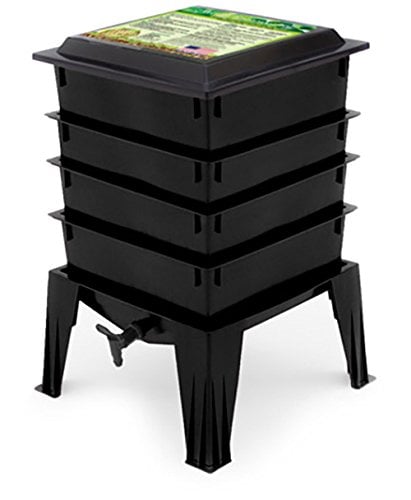
Indoor Composting
Many of these composting problems are addressed by individual households setting up a healthy indoor composting program. The most popular method of indoor composting uses worms to break down organic matter quickly. It’s called “vermicomposting.” After a while, maintaining an indoor worm composting system becomes second nature, like cleaning dirty dishes. And, it takes very little time. Here is how to get started:
- Order an indoor composter online or follow instructions for building your own. If you are on a tight budget, Uncle Jim’s offers a basic indoor composter starting at around $50, as well as the Worm Factory 360 for perfect aeration via multiple trays.
- Also order Red Wigglers, the champion composting worm. They are medium-sized worms best suited for composting systems. These composting worms can eat their weight in scraps per day.
- When the composter and worms arrive, follow the instructions to set up the new system.
- Gradually add more vegetable and fruit scraps, spoilt veggies, plant cuttings, coffee grounds and a few ground-up eggshells. Avoid citrus, meats, oils and dairy products or your composter will emit a foul odor. Kale, cabbage and broccoli can also generate unwanted smells.
- When enough dark worm castings (worm poop) has been generated, follow the instructions to harvest your compost. Use it on plants or give it to a gardener.
Outdoor Composting
Got space on your balcony, rooftop or yard? Check and see if you could install an outdoor composting bin. If there is lots of space, maybe you can organize outdoor composting for the whole floor or building. Your condo association and apartment manager should be consulted. Also check in with local ordinances regarding composting to make sure you are compliant. It is smart to use composting worms to break down the organic matter as quickly as possible. The composting system reduces waste removal costs and provides free compost for the building’s garden.
Large-Scale Organized Composting
Check to see if there is a place for composting in your city or municipality. Some communities allow you to collect kitchen scraps in a countertop container or in the freezer, and then drop them off for composting. A few will even pick up the scraps on a regular basis. Be certain to faithfully follow their guidelines for what can be composted.
No matter where you live, where there is a will, there is a way to compost. By researching and being a bit creative, you can tap into existing composting programs or set up your own small-scale system. Composting not only diverts matter from the solid waste stream, but it also creates valuable fertilizer for plants and trees. This is dually helpful to the environment, and it reduces waste disposal costs. Getting started with composting takes nominal skills, and Uncle Jim’s Worm Farm has lots of vermicomposting information on this website.
*U.S. Composting Council


